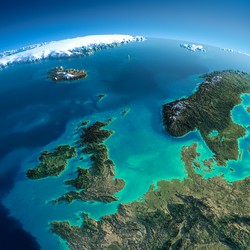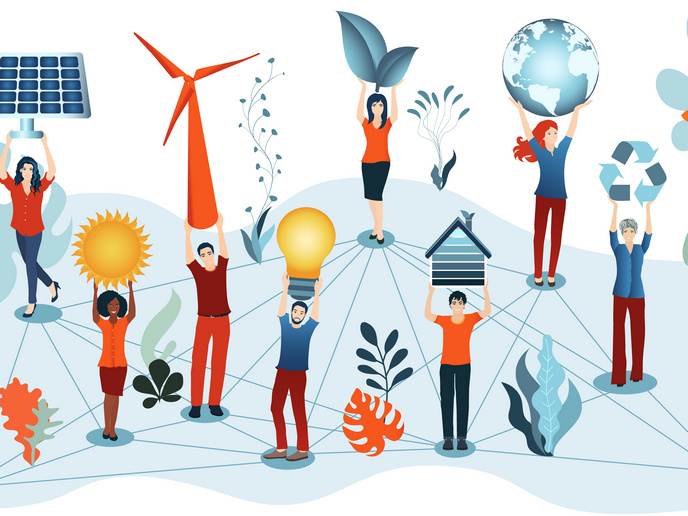Collaboration for a resource-efficient Europe
The project ENSEA(opens in new window) (European North Sea Energy Alliance) created a unique alliance by bringing together Germany, the Netherlands, Norway and Scotland to support innovation in energy systems integration. The European North Sea Energy Alliance is tasked with accelerating the transition to a resource-efficient Europe. With the primary focus on overcoming challenges related to integrating high levels of renewable energy sources into existing energy networks, partners characterised the ENSEA region's energy innovation capabilities and potential. They then collated and developed a portfolio of regional energy innovation plans. The work resulted in an overall portfolio of some 160 areas of project ideas for accelerating energy transition in the North Sea region through effective energy system integration. ENSEA advanced programmes for educational collaboration and exchange among energy knowledge centres around the North Sea. The partners worked to accelerate innovation by supporting increased interaction and cooperation within and between regional small and medium-sized enterprise networks. Other work involved setting up a joint research pool through doctoral and other research staff exchange programmes as well as participation in projects. Work was also dedicated to setting up frameworks for energy cluster development and relevant collaboration and coordination of energy innovation-related activities. ENSEA leveraged the expertise of Europe's leading actors in the production of renewable and low-carbon energy and in the transport of electricity. Their collaboration, supported by project efforts, provides a critical knowledge base needed to facilitate the transition from fossil fuels to clean and sustainable energy sources. The integration of North Sea energy systems is pegged to drive regional economic growth through the development of new business cases as well as employment opportunities. Going forward, however, still more collaboration between different energy players is required to resolve standing energy issues, including intermittent power supply, energy prices and grid investment needs. As such, even though the ENSEA consortium has been formalised, it will continue beyond the project's timeframe and funding. The main objectives are to initiate new activities, organise stakeholder meetings and discussion platforms, formulate policy recommendations and support new integrated energy systems project launches.







